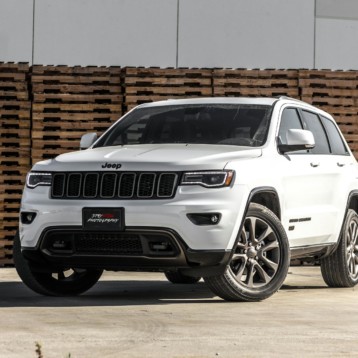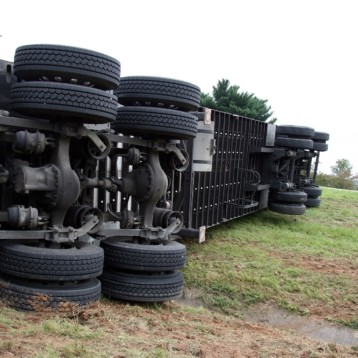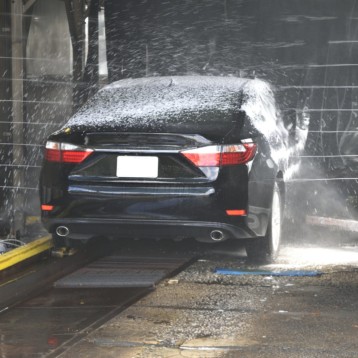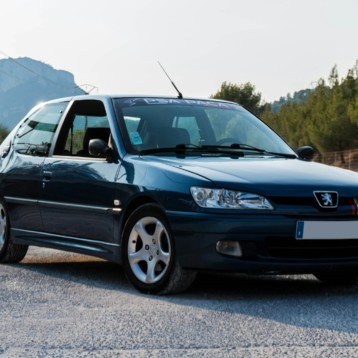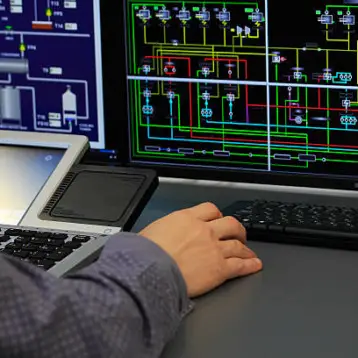|
Using wireless communication cars could, for example, warn other drivers of slippery roads or of a crash which just happened. Smart vehicle communication systems have the potential to make the lives of Europe’s drivers safer and easier; according to the European Commission, in 2006 more than 42,000 people died in road accidents in the European Union and more than 1.6 million were injured. One of the steps towards reducing the number of accident victims is this latest decision, which intends to foster investment in smart vehicle communication systems by the automotive industry. Furthermore, the commission hopes to spur public funding in essential roadside infrastructure.
The decision made is to provide a single EU-wide frequency band that can be used for immediate and reliable communication between cars and between cars and theroadside infrastructure. It is 30 MHz of spectrum in the 5.9 Gigahertz (GHz) band which will be allocated within the next six months by national authorities across Europe, improving road safety applications without barring other services already in place (such as amateur radio services).
Numerous examples show why drivers could benefit from the new frequency. For instance, information about a sudden road closure could be transmitted to drivers in the area, so they could change their course via a detour. Furthermore, information about maintenance works, malfunctioned traffic lights, and other traffic-changing events could be sent as well.
“This Commission decision is a decisive step towards meeting the European goal of reducing road accidents. Getting critical messages through quickly and accurately is a must for road safety,” said Viviane Reding, EU Telecoms Commissioner. “We should also keep in mind that with 24% of Europeans’ driving time spent in traffic jams the costs caused by congestion could reach €80 billion by 2010. So clearly saving time through smart vehicles communications systems means saving money.”
TFOT has also covered Ford’s new blind spot mirror, which has an integrated convex spotter mirror aimed directly at the vehicle’s blind spot, meant to protect drivers and prevent accidents, and the Smart Mover, which is one of the most realistic racing simulators in the world.
For more information about the EU Commission’s decision, see its press release.



